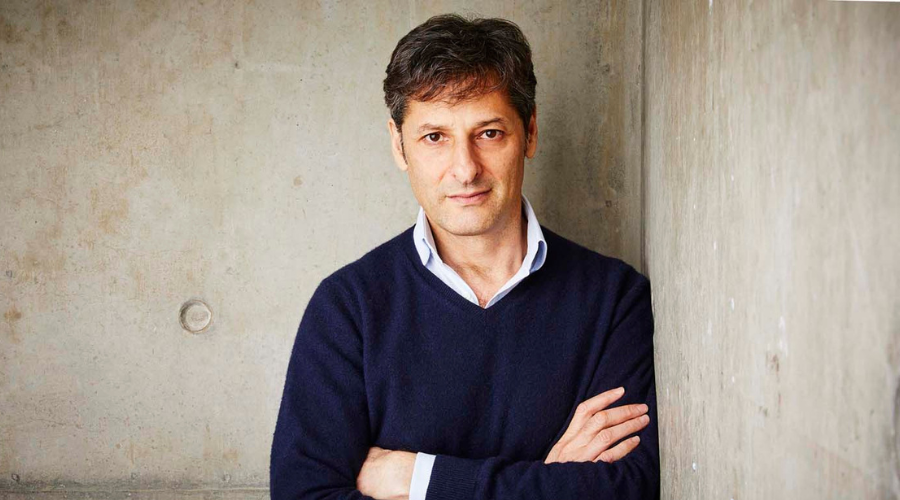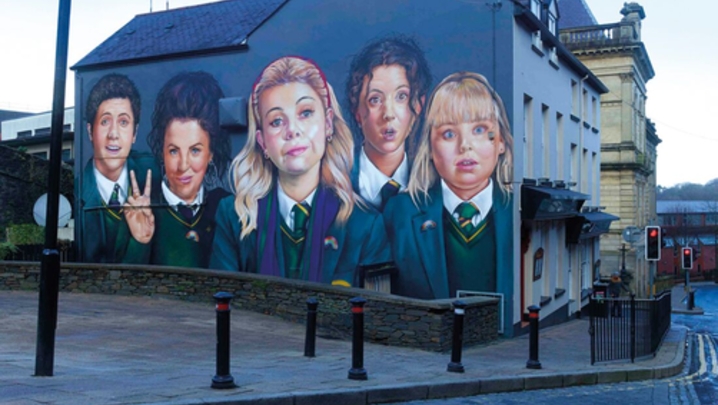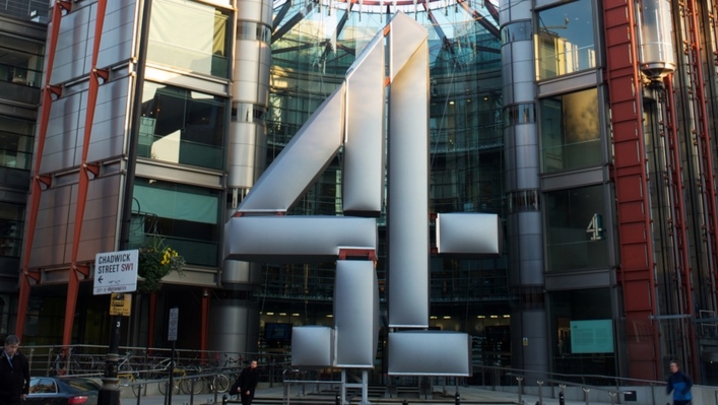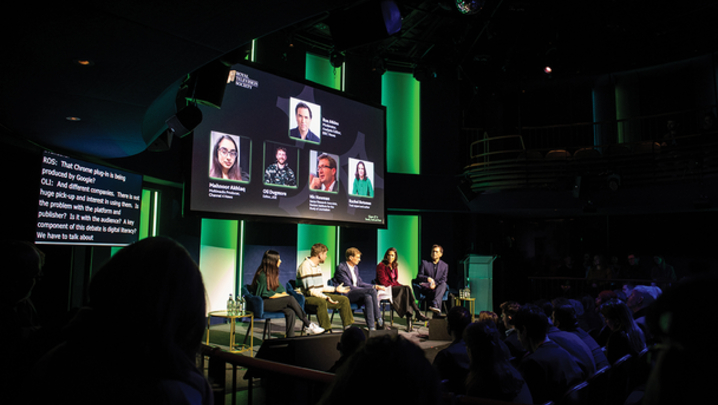Ian Katz marvels at TV’s power as a change maker and ability to unite MPs from all sides.
Wake up to an item on Radio 4’s Today about the shortage of HRT drugs. Women are resorting to trading them illegally in car parks. The Government has had to appoint an “HRT tsar”. A pharmaceutical executive explains it is partly to do with supply chain problems but mostly the result of a surge in demand triggered by a Channel 4 documentary presented by Davina McCall last year.
Now Davina has made a follow-up film and people are worried that even more women will have the temerity to ask for treatment.
It’s one of those moments that reminds you of the extraordinary power TV has to create change. But also of the irony that the greatest recent achievement of a channel designed to serve young viewers may be shattering the taboo around the menopause. Who says Channel 4 is becoming middle-aged?
Drop in to a screening for MPs of the final extended episode of Derry Girls. The timing is uncanny. The episode takes place on the day of Northern Ireland’s historic vote to embrace the Good Friday Agreement. Now, Brexit has thrown the province into political crisis again and the Prime Minister is threatening to unpick the deal he signed.
But there’s no sign of political tension at Bafta, where DUP, SDLP, Labour, Tory, Lib Dem and SNP MPs – including Ian Paisley jnr, whose firebrand father features several times in Derry Girls – mingle, swapping favourite moments from Lisa McGee’s joyous, heart-warming sitcom. It would take the constitution of Sister Michael not to be moved by the sight of a group of people who disagree about so much united by their love of a transcendent piece of TV.
A few days later, answering questions from MPs at the DCMS Committee, culture secretary Nadine Dorries three times cites Derry Girls, along with Gogglebox, as an example of the kind of distinctively British programmes that a privatised Channel 4 will continue to commission. They are curious examples to choose since the creators of both shows have spoken publicly about how they do not believe either would have been made by a profit-driven broadcaster.
At a meeting in the offices of Eleven Film, I am confronted with a giant and fabulously glamorous photo of the cast of its breakthrough hit, Sex Education. I am reminded that the show began life as a Channel 4 development and was picked up by Netflix after the channel passed on it. How different was the version Netflix greenlit, I ask Eleven Managing Director Jamie Campbell. “Oh, pretty much verbatim,” he says.
Happily, this one wasn’t on my watch, but every channel controller has a painful list of the Ones That Got Away. Our scheduling supremo Kiran Nataraja likes to remind me that one of my first acts on arriving at Channel 4 was to authorise a bid to acquire a new thriller but to cap it at a modest sum because it was “no great shakes”. The show was called Killing Eve.
Big Boys, a new sitcom based on the life of comedian Jack Rooke, lands wonderfully. It’s a warm and touching exploration of grief, sexuality, coming of age and male friendship.
“One of the most funny, tender, profound sad-happy comedies I’ve seen this year,” says The Times. “Evokes the mighty Sex Education,” says The Guardian. On social media, there is a tide of love. It’s too early to tell if it will be a hit – comedies take time to find their audience. But at least I know for sure it won’t be joining the list of Ones That Got Away.
Ian Katz is chief content officer of Channel 4.







